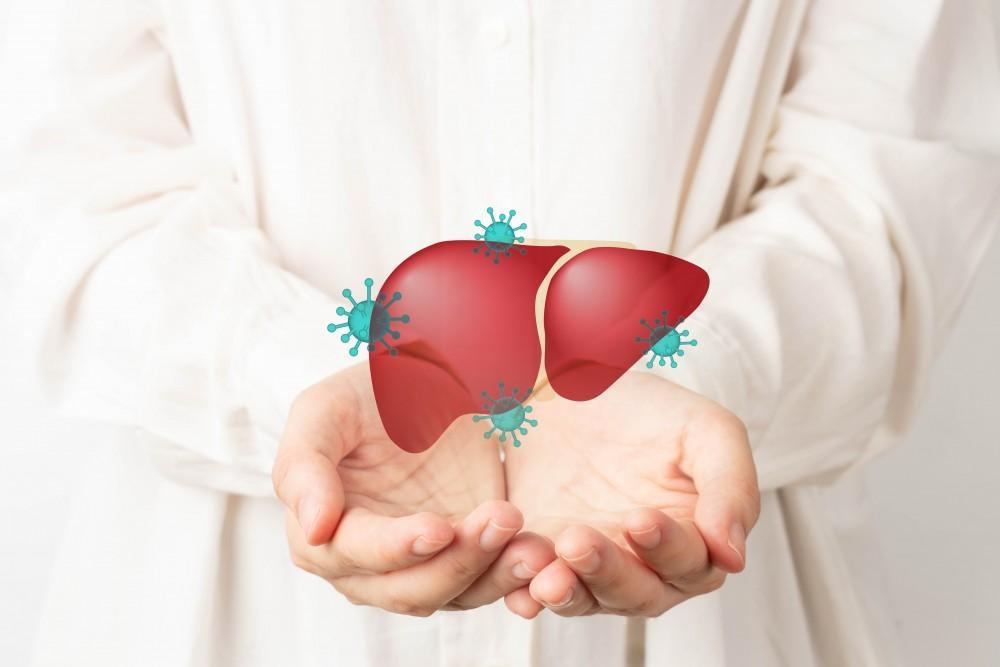What Is Hereditary Pancreatitis?
Hereditary pancreatitis is a rare, genetic condition passed down through families. It causes recurrent inflammation (swelling) of the pancreas, often beginning in childhood or early adulthood. This form of pancreatitis is not related to alcohol use. ICD-10 code: K86.1.
Common Causes and Risk Factors
- A family history of pancreatitis
- Gene mutations (PRSS1, SPINK1)
- Onset of symptoms at a young age
- Smoking, which can worsen inflammation
- Rare triggers such as high calcium levels or certain medications
Signs and Symptoms
- Severe upper abdominal pain that may radiate to the back
- Nausea and vomiting during flare-ups
- Unintentional weight loss
- Greasy, loose stools (steatorrhea)
- Frequent or chronic pain attacks
How Dr. Rishi Diagnoses Hereditary Pancreatitis?
Family & Medical History Review
Dr. Chadha begins by taking a detailed family and personal health history, looking for patterns of recurrent pancreatitis and assessing non-alcoholic risk factors.
Blood Enzyme Tests
He orders serum amylase and lipase levels to confirm active inflammation and rule out other causes of abdominal pain.
Genetic Testing
Targeted genetic panels screen for known mutations (PRSS1, SPINK1, CFTR) that drive hereditary pancreatitis.
Advanced Imaging
- MRCP (Magnetic Resonance Cholangiopancreatography) to visualize ductal anatomy and strictures.
- CT scan for high-resolution images of pancreatic tissue and complications.
- EUS (Endoscopic Ultrasound) to detect subtle ductal changes, cysts, or stones and obtain tissue if needed.
Pancreatic Function Testing
When indicated, noninvasive tests assess exocrine insufficiency and help guide enzyme replacement therapy.
Frequently Asked Questions
What are the main symptoms?
Strong upper belly pain (often radiating to the back), nausea, vomiting, unplanned weight loss and greasy or loose stools that return frequently.
How rare is it?
Hereditary pancreatitis is very rare, affecting about 1 in 100,000 people.
What is the ICD-10 code?
The ICD-10 code for hereditary pancreatitis is K86.1.
Can people live a normal life with this condition?
Yes, with proper care, diet, enzyme supplementation, pain management and regular check-ups, many patients lead normal lives.
Is there a higher cancer risk?
Long-term inflammation slightly increases the risk of pancreatic cancer, so regular monitoring is recommended.
How is it treated?
Treatment includes a low-fat diet, pancreatic enzyme supplements, pain control and possibly endoscopic procedures or, in severe cases, TPIAT surgery.
Can kids get tested for it?
Yes, genetic testing for PRSS1, SPINK1 and other mutations is available for at-risk family members, including children.
What's the best diet?
A low-fat, nutrient-rich diet with small, frequent meals. A registered dietitian can create a customized meal plan.
When should I see a specialist?
See a GI specialist if you have repeated abdominal pain, a family history of pancreatitis, or unexplained digestive symptoms.











